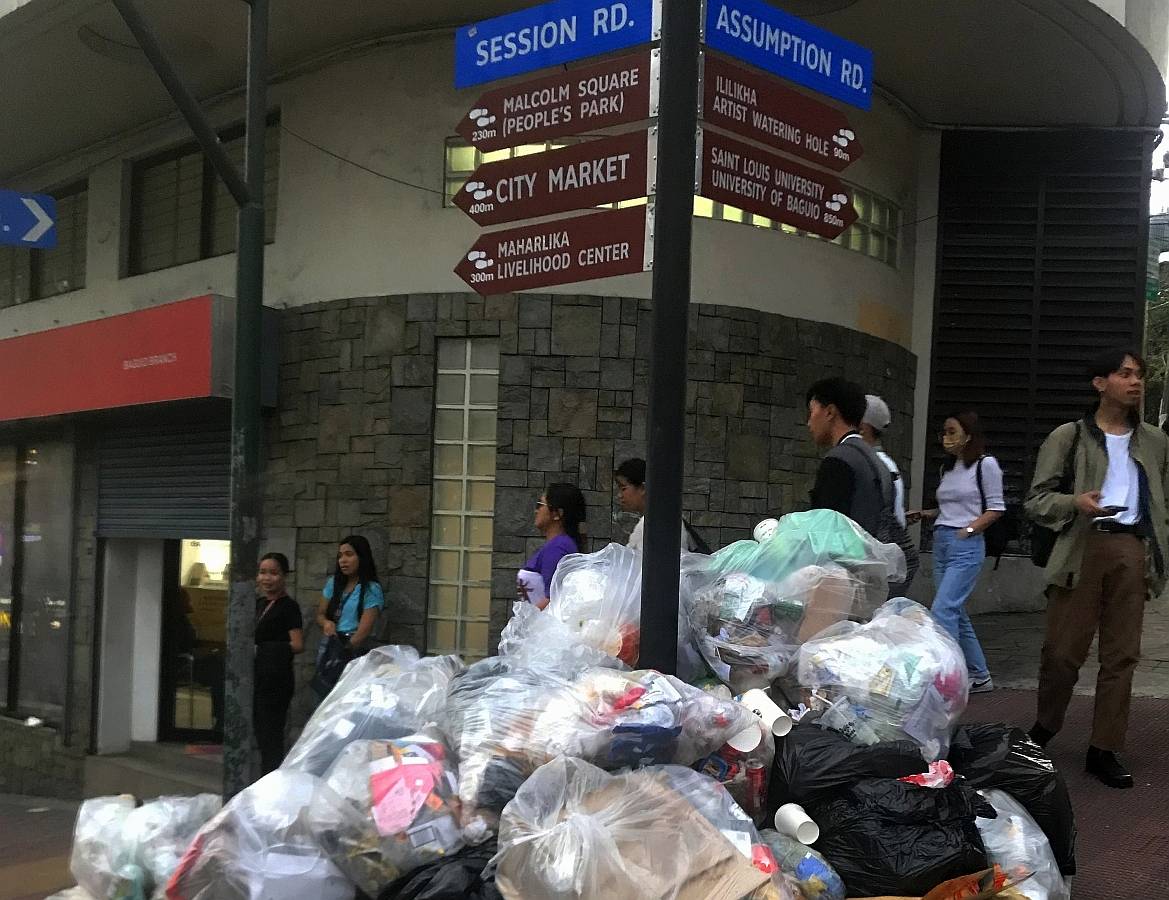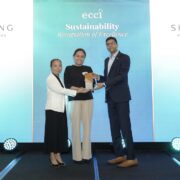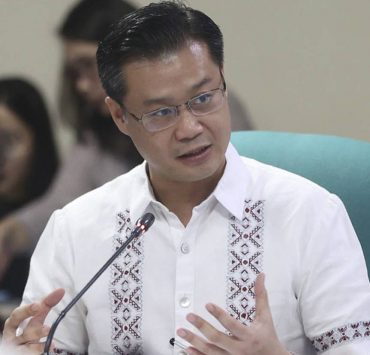Waste-to-energy plant rising in Benguet using Baguio’s garbage

BAGUIO CITY—A waste-to-energy (WTE) power plant that would serve this city and five neighboring Benguet towns may start construction by the end of this year and would be ready to absorb the city’s 400-ton daily trash by 2027 or 2028, its developer announced on Wednesday.Touted as one of the country’s clean energy and climate mitigating projects, Metro Global Holdings Corporation is securing national, environmental and power generation clearances so it could begin putting up the 15-megawatt plant on a 6-hectare private lot in Benguet province’s Sablan town, said Robert John Sobrepeña, the company chair, at a press briefing.Although numerous WTE projects are currently being developed in the country, Metro Global’s power plant could be the first to operate if plans are not disrupted, he said.
The proposed power plant will run on refuse-derived fuel (RDF). RDF (also known as biomass) is produced from nonhazardous trash collected from households, commercial establishments, and construction and demolition projects.
The WTE plant or power island “uses steam or heat—and is not an incinerator—to turn the turbines that generate the power,” said Rafael Perez de Tagle, Metro Global executive vice president for operations and a member of its board of directors.
A prototype of the facility, meanwhile, will be constructed simultaneously to convert Sablan’s municipal solid waste into RDF pellets as “proof of concept’” for the town and as part of its municipal waste management plan, which Metro Global is helping draft, he said.
“We are putting up a pilot (WTE system) that will fetch the municipal waste in Sablan, bring it to the pilot site and create the RDF pellets that would be needed by the [main power plant]. This is the first thing we are doing in Sablan,” Sobrepeña said.
Unsolicited proposalHe noted that RDF can be stockpiled and hauled to the main power plant once it becomes operational.
Metro Global first pitched the WTE project as an unsolicited proposal for Baguio’s Public Private Partnership Program. It was later presented in 2021 to the mayors of Blistt– an economic collaboration between Baguio and the Benguet towns of La Trinidad, Itogon, Tuba and Tublay, which has evolved into a metropolis governed by the Blistt Metropolitan Development Authority (as prescribed by Republic Act No. 11932).
Sobrepeña said Baguio City, through Mayor Benjamin Magalong, has been offered to buy the Sablan property hosting the plant, which would make the city a joint venture investor. The Sablan government was also asked to consider partnering with Baguio, he said.
The city had signed a feedstock agreement with Metro Global, which guarantees that it would take all of Baguio’s solid waste to fuel the power plant.Saving on costs
Sobrepeña said it would spare the city from spending almost P200 million annually to haul 140 tons of daily residual trash to a commercial landfill in Tarlac and Pangasinan provinces.
The feedstock agreement drew some reservations from the city council when it was presented in November last year.
Councilor Peter Fianza, a former city administrator, said it runs counter to the city’s solid waste management plan, which aspires to reduce household trash and promotes recycling and other practices that would theoretically eliminate residential waste in the near future.
Each Baguio resident, transient or tourist generates 1.5 kilos of garbage in a day, according to a 2016 city waste profile.
Sobrepeña acknowledged that Metro Global would import waste from the other Blistt towns and purchase waste from other communities outside to sustain the required 500 tons of trash needed to create electricity each day.
The Metro Global WTE plant will supply power to a 4.7-kilometer elevated monorail which the company also intends to build for Baguio.
The electric train would circle downtown Baguio and connect to Camp John Hay. INQ

















